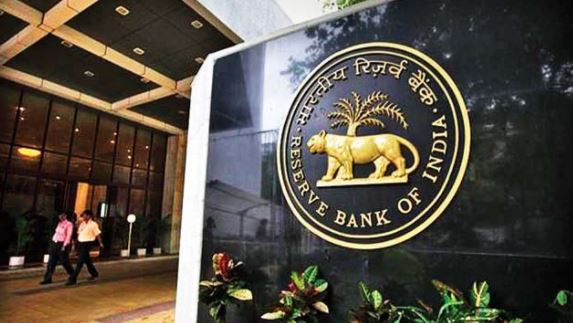- The service will be operational round the clock, all throughput the year, says RBI
- The announcement comes days after RBI governor Shaktikanta Das had announced the change in the recently held conducted Monetary Policy Committee meeting
Reserve Bank of India on Wednesday announced that the Real Time Gross Settlement System (RTGS) will be operational 24×7, all throughout the year from 14 December, 2020. This comes within a year of operationalising NEFT 24×7 by RBI.
“India will become one of the few countries in the world to operate its RTGS system round the clock throughout the year,” the central bank said in a statement.
The announcement comes days after RBI governor Shaktikanta Das had announced the change in the recently held conducted Monetary Policy Committee meeting.
The RTGS system is primarily meant for high-value transactions. It happens on a real-time basis. The minimum amount to be remitted through RTGS is ₹2 lakh with no maximum limit. In this transfer, the beneficiary bank receives the instruction to transfer funds immediately when you carry out the transaction, and the transfer is instantaneous.
From July 2019, RBI stopped levying charges on transactions through NEFT and RTGS, with an aim to promote digital transactions in the country.
RTGS, which began its operations on March 26, 2004 with a soft launch involving four banks, presently handles 6.35 lakh transactions daily for a value of ₹4.17 lakh crore across 237 participant banks.
The average ticket size for RTGS in November 2020 was ₹57.96 lakh making it a truly large value payment system.
RTGS uses ISO 20022 format which is the best-in-class messaging standard for financial transactions. The feature of positive confirmation for credit to beneficiary accounts is also available in RTGS.
“Round the clock availability of RTGS will provide extended flexibility to businesses for effecting payments and will enable introduction of additional settlement cycles in ancillary payment systems. This can also be leveraged to enhance operations of Indian financial markets and cross-border payments,” RBI further stated.


